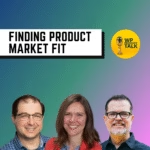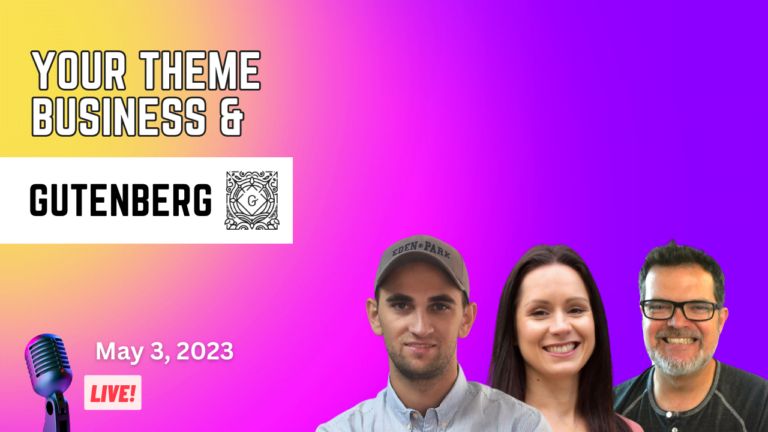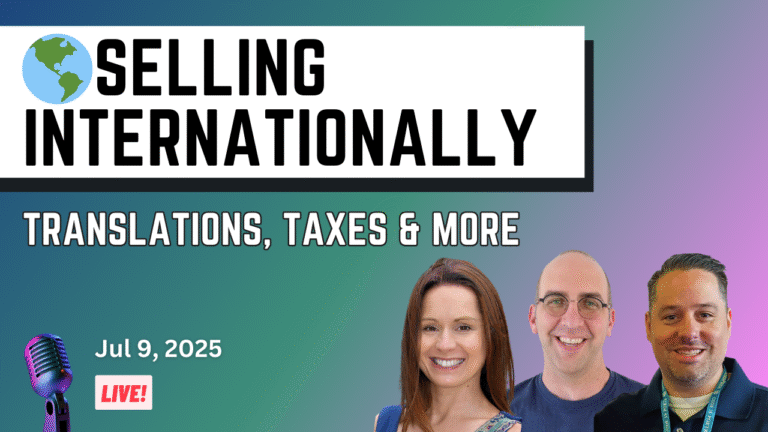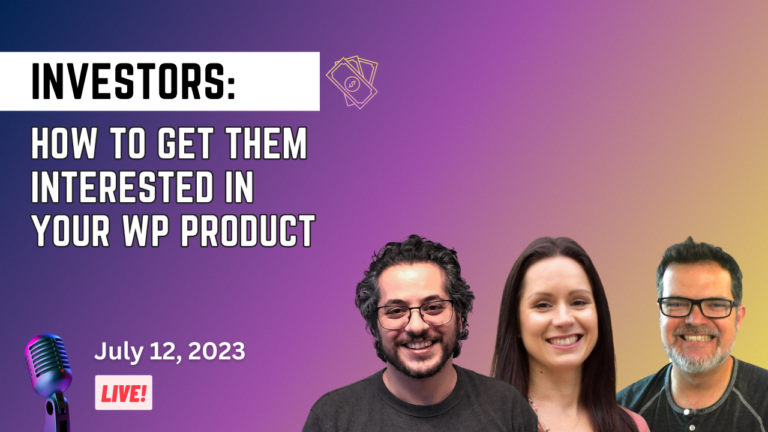
Are you struggling to find the perfect product market fit for your business? In this episode, we dive deep into the strategies and techniques that can help you identify and target the right audience for your products or services. Whether you’re a startup looking to scale or an established company looking to pivot, this episode will provide you with valuable insights to help you succeed in today’s competitive market.
Joining us for this episode is founder of WP Engine, Jason Cohen. Jason has founded two unicorns: hypergrowth companies with over $1 billion valuations. Do you want to rapidly scale your product, reaching a million active installs or more? Jason has worked with a variety of companies across different industries and has a proven track record of turning struggling products into successful ventures. Don’t miss this opportunity to learn from his expertise and take your business to the next level.



